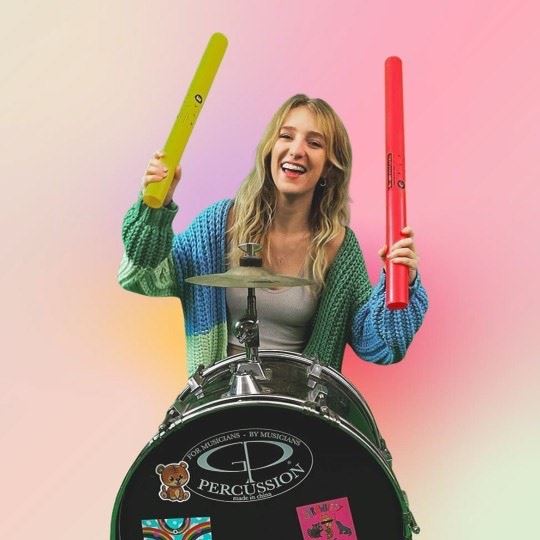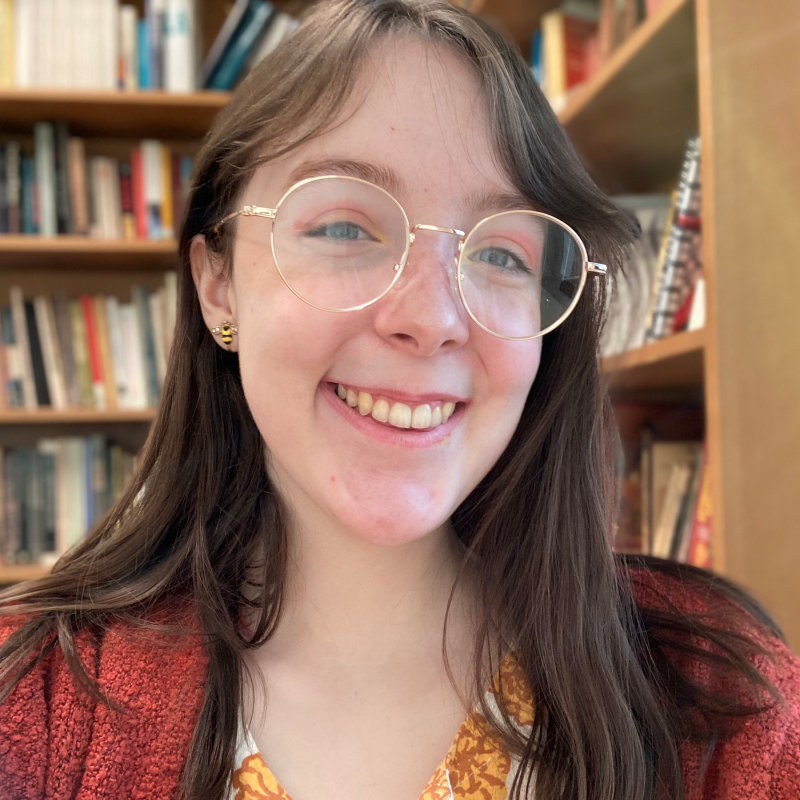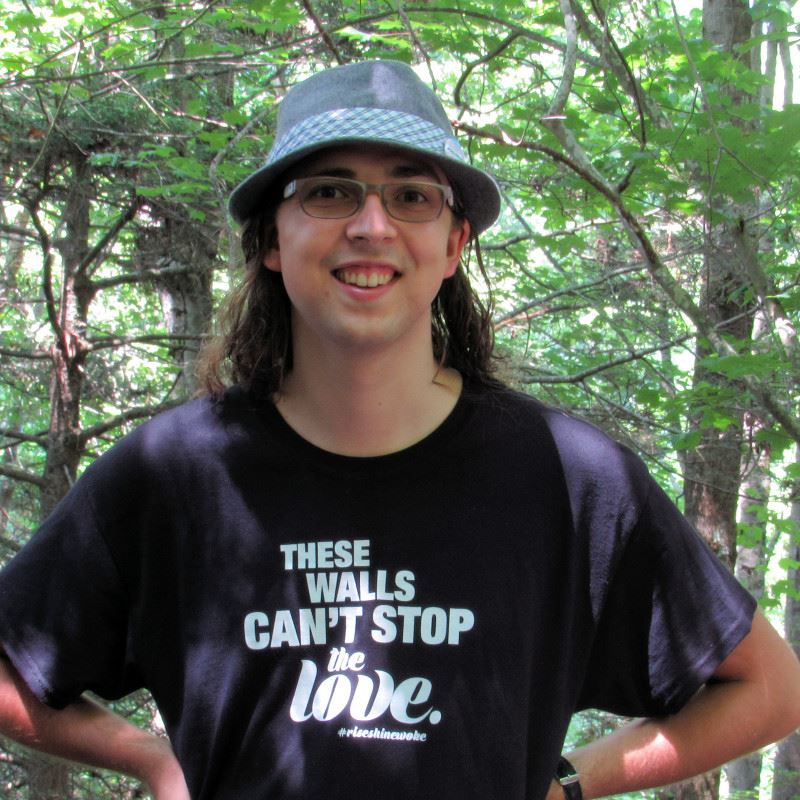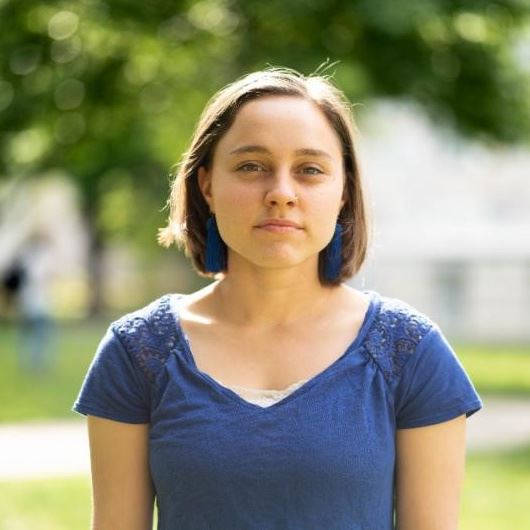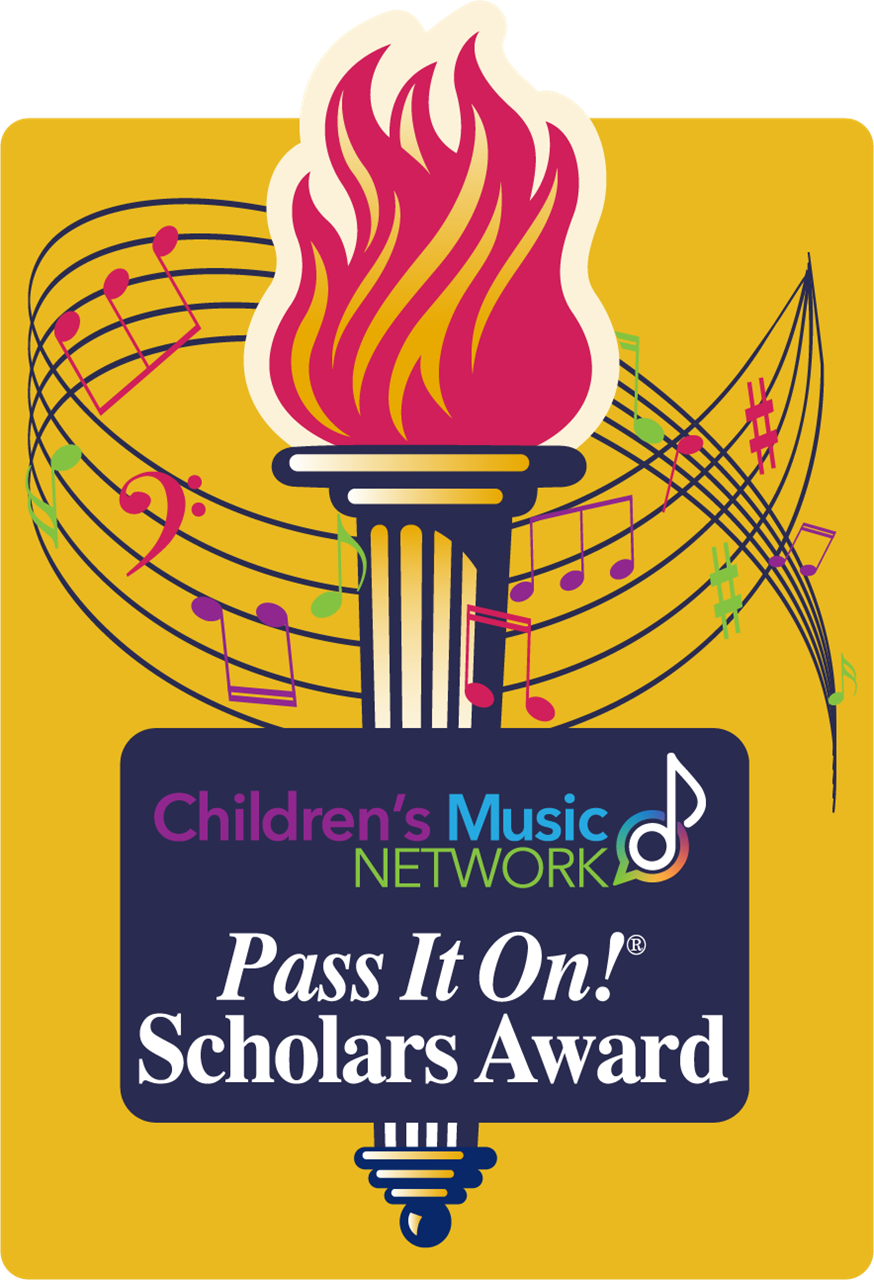 Pass It On! Scholars Award
Pass It On! Scholars Award
Kaylin White & Zachary Shand (2021)
Kaylin White, Mitchell College
Hello! My name is Kaylin White and I’m immensely proud to be this year’s PIO recipient. I was born and raised in Silver Spring, MD. My twin brother and I were known as Micro-Preemies, being that we were born at 24 weeks gestation. I have been the recipient of many therapies and interventions to help with my overall development. When I was little, I liked to bang on the table constantly. Since then, I have acquired a huge passion for percussion instruments! I recently graduated from Katherine Thomas High School (KTHS). While there, I performed with the KTHS Lunch Band at the Children’s National Medical Center in Washington D.C. I was also a soloist at many concerts and was even a student conductor. In addition, I expanded my musical experiences in a Steel Drum band and Ukulele group through Strathmore Music Center.
Headed to Mitchell College in the Fall, my ambition is to earn a liberal arts degree and become a music therapist. There are a plethora of positive effects music can have on children. Music can improve cognitive and social development, as well as produce a calming effect. I’d like to help children use music to assist with the healing process and practice getting stronger at learning new things. Music has helped me in this way, and I believe firmly that I can make a difference in the lives of children with music therapy!
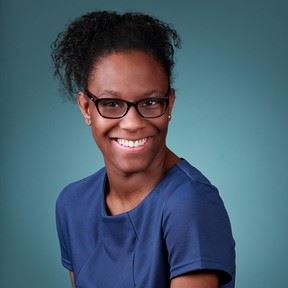
Kaylin’s Essay:
I envision celebrating the positive power of music by sharing my musical abilities with children. Since I was very young, music has been a significant part of my life. There are pictures of me when I was a toddler playing instruments. I look like I’m having a lot of fun playing a little snare drum and xylophone. Ever since then, I was captivated by music. Something in me just clicks when I play music because it is very enjoyable. It makes me feel better when I am glum or irate. As I listen to music, it transports me to another world to assuage the countless anxieties of my life.
My first song I was learning how to play was “Hot Cross Buns” on the recorder. It was when I was in elementary school. It was frustrating and arduous since everyone else was ahead of me. They got more colored ribbons on their recorders as the songs got more complicated. I remember my teacher explaining how to play, and I practiced so diligently. I finally played the song and felt so proud when my teacher said I passed! Sometimes learning new things is arduous because of my learning disability. Even so, I worked diligently on music so I could advance.
Music will profoundly impact my life. My ambition is to better my musical abilities to one day acquire a career in music as a Music Therapist. Since I am also keen on helping others, I think it would be a perfect fit to play music for children. I’d like to help others use music to practice getting stronger at learning new things.
Going to college would be very beneficial for me to improve my abilities. I would be more independent and learn to take care of myself. In addition, I plan to learn new and challenging pieces to improve my musical skills. I’d like to learn classical music. I’d take a class in psychology because that is another component of what is required to be a Music Therapist. This scholarship would help me and my family afford college and ultimately achieve my ambitions. I plan to attend Mitchell College in the fall.
Zachary Shand, Stanford University
Zachary Shand is both humbled and honored to have been named a PIO! Scholar. A resident of Hartland, Michigan, he found a fire for choral music and storytelling in his high school choir program, thanks to his director, Kathi Letovsky. In his time at Stanford, he has deepened his passion for music education, focusing on advocacy, inclusivity, and individualized pedagogy. As he begins his senior year, he is excited to be programming a full-length conducting recital of music from around the world, learning about love and the human experience from a variety of different cultures. Moreover, he is excited to do an honors thesis focused on the barriers to equitable and accessible music education and possible reparations to those problems.
He would very much like to thank his a cappella group, Stanford Talisman, for expanding and further humanizing his knowledge of music, of storytelling, and of the world. He would also like to personally thank Kathi Letovsky, Steve Sano, Erika Arul, Carson Lampert, Rachel Rotay, and Bailey McPherson for their support, advice, patience, and encouragement. He looks forward to graduate school, his teaching career, and a lifetime of sharing the joys of music and life to his future students.
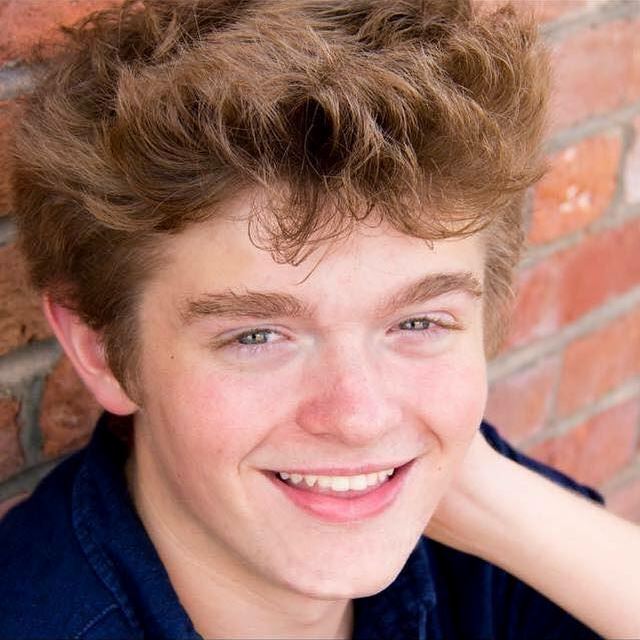
Zachary’s Essay:
As an aspiring music educator looking to celebrate the positive power of music in the lives of children, I reminisce on how music has impacted me personally and what I have seen it do for others. I have seen music embrace inclusivity in the classroom and advocate for equity beyond its walls, creating environments for children to tap into their own worlds and into the worlds of others.
Before the start of the COVID-19 pandemic, I set up a music internship at a local California school. Around half of these students were dual-language learners who had limited English proficiency; being from a small, rural town in Michigan, this was an eye-opening, revelatory experience for me. In many classrooms, I saw an apparent social division between the dual-language learners and the students already fluent in English. In the choir classroom, though, my mentor teacher and I utilized music as a common interest that we all shared. In focusing on multicultural pedagogy and individualized instruction/scaffolding, I was able to connect with each student through music and my dual-language instruction (e.g. Spanish and English). In connecting with each student musically and personally, they connected with one another, creating a space of inclusivity, community, and acceptance through song. I saw joy in these students’ eyes when music served as a unitor rather than as a barrier, embodying a universal language that bonded people otherwise divided. Without choir, they may not have cultivated these friendships and grown in their compassion towards one another’s experiences.
Through this internship, I learned what it means for me to be a music educator to children. I learned that music is a tool for teaching inclusivity, social justice, and celebrating diversity. Through culturally-responsive and socio-emotional pedagogy, I advocate for children’s music education with the following: children grow through their music, and resultantly, grow in themselves. As I research programs for my Master’s in Music Education, I want to attend a program that likewise celebrates how music affects children beyond what it teaches them musically. In preparation for this, through Stanford’s Graduate School of Education, I am completing an honors thesis that focuses on the current hindrances to equitable music education; making reparations in crafting accessible, quality experiences; and researching if musical competition helps or hinders that. Moreover, I am formally instructing a self-designed class at Stanford titled, “Assembling a Choir,” that addresses the evolving psychological, social, and cultural considerations of choral singing and music education. I hope to inspire my peers to be more introspective of their experiences and be mindful/intentional about how they teach, the music they sing, the communities they shape, and the opportunities they create for their students.
After being moved by the positive impacts of music, the students in my internship classroom began a slogan: “Take space, make space.” Through my current and future endeavors advocating for children’s music education, I plan to live by their words and help others, including students, do the same through music.
2021 Runner Up:
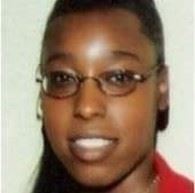 Cammeron Williams, Morgan State University
Cammeron Williams, Morgan State University
“Music . . . can help build a child’s confidence, imagination, creativity, and talents.”
– Cammeron Williams, Seeking a BA in Music
 About the Award
About the Award
The Pass It On! Scholars Award is given each Fall to a High School Senior, University or College student, selected by CMN’s Pass it on Project Reviewers as the candidate most likely, throughout their lifetime, to continue celebrating the positive power of music in the lives of children AND to recognize the importance of networking and sharing knowledge, music, ideas, and songs.
Our 2025 Scholars Award application contains information about applying for our 2025 award (application deadline June 15, 2025).



